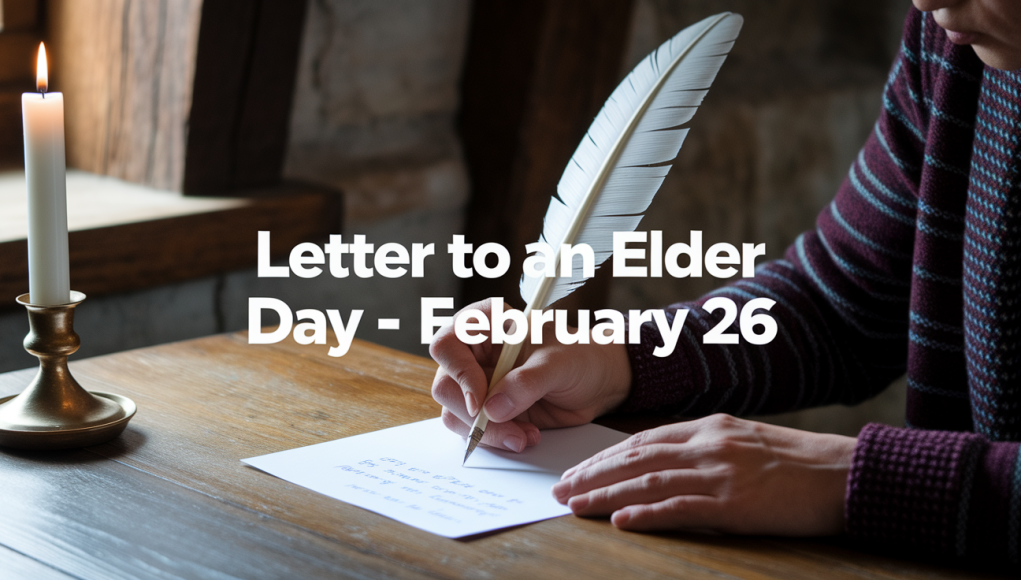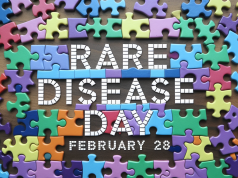Letter to an Elder Day, celebrated annually on February 26, is a heartwarming occasion dedicated to fostering connection, love, and kindness through the simple act of writing letters to elders. This day was founded by Jacob Cramer, inspired by his bond with his grandmother Doris and his experiences volunteering in senior communities. It aims to combat loneliness among older adults by encouraging people of all ages to send handwritten letters filled with encouragement, gratitude, and love.
Why Is It Celebrated?
Letter to an Elder Day is celebrated to address the isolation and loneliness often experienced by older adults, particularly in senior living communities. It highlights the power of small, thoughtful gestures like handwritten letters to brighten someone’s day and foster meaningful connections across generations. The day also serves as a reminder of the importance of showing appreciation for the wisdom and contributions of elders.
Cultural Significance
This day emphasizes the enduring value of handwritten communication in a digital age. It reflects traditions of intergenerational respect and gratitude while promoting empathy and kindness. Letter writing not only bridges generational gaps but also preserves the charm of personal, tactile communication.
Unique Traditions:
- Letter-Writing Campaigns: Schools, workplaces, and community groups organize events where participants write letters to seniors.
- Intergenerational Activities: Younger generations connect with elders through shared stories, wisdom, and life experiences.
- Creative Letters: Participants decorate their letters with drawings, stickers, or personal touches to make them extra special.
Social Impact
Letter to an Elder Day strengthens community bonds by encouraging acts of kindness and fostering intergenerational understanding. It provides an opportunity for individuals to connect with seniors who might feel isolated, creating a sense of belonging and purpose for both senders and recipients.
The Importance of It
This day underscores the importance of combating loneliness among older adults while reminding people of the value of human connection. By participating in this initiative, individuals contribute to building a more compassionate society that values its elders.
Educational Value
Letter to an Elder Day teaches younger generations about empathy, gratitude, and the significance of maintaining meaningful relationships. It also highlights the benefits of letter writing as a tool for self-expression and emotional connection.
Emotional Connection
For many seniors, receiving a handwritten letter is a deeply emotional experience that brings joy, comfort, and a sense of being remembered. For letter writers, it offers an opportunity to reflect on the impact of their words and gestures on others.
The Origin of It
Jacob Cramer founded Letter to an Elder Day in 2020 through his nonprofit organization Love For Our Elders. Inspired by his grandmother Doris’ tradition of sending heartfelt letters and his own experiences volunteering in senior communities, Jacob created this day to encourage widespread participation in letter writing as a way to combat loneliness among elders.
Historical Events:
- 2013: Jacob Cramer starts writing letters to seniors in his community.
- 2015: He establishes Love For Our Elders as a nonprofit organization.
- 2020: The first Letter to an Elder Day is celebrated on February 26.
- Today: The initiative has grown globally, with over 250,000 letters sent from participants in 70 countries.
Evolution Over Time:
Initially focused on local efforts, Letter to an Elder Day has expanded into a global movement supported by schools, workplaces, and organizations worldwide. Its impact has been amplified through partnerships with senior communities and campaigns during events like the COVID-19 pandemic.
How to Celebrate
Here are meaningful ways to observe Letter to an Elder Day:
- Write a Letter: Send a handwritten note filled with encouragement or gratitude to an elder you know or through organizations like Love For Our Elders.
- Host a Letter-Writing Party: Gather friends or family for a fun event dedicated to creating thoughtful messages for seniors.
- Share Online: Use hashtags like #LetterToAnElderDay to inspire others and spread awareness.
- Volunteer Locally: Visit senior living communities or participate in programs that connect younger generations with older adults.
- Encourage Participation: Organize campaigns at schools or workplaces to involve more people in this meaningful initiative.
Conclusion
Letter to an Elder Day is more than just an observance—it’s a celebration of connection, compassion, and intergenerational respect. By taking part in this day, individuals can make a profound difference in the lives of seniors while experiencing the joy that comes from spreading kindness. Let’s honor this occasion by picking up a pen and sharing words that brighten someone’s day!












